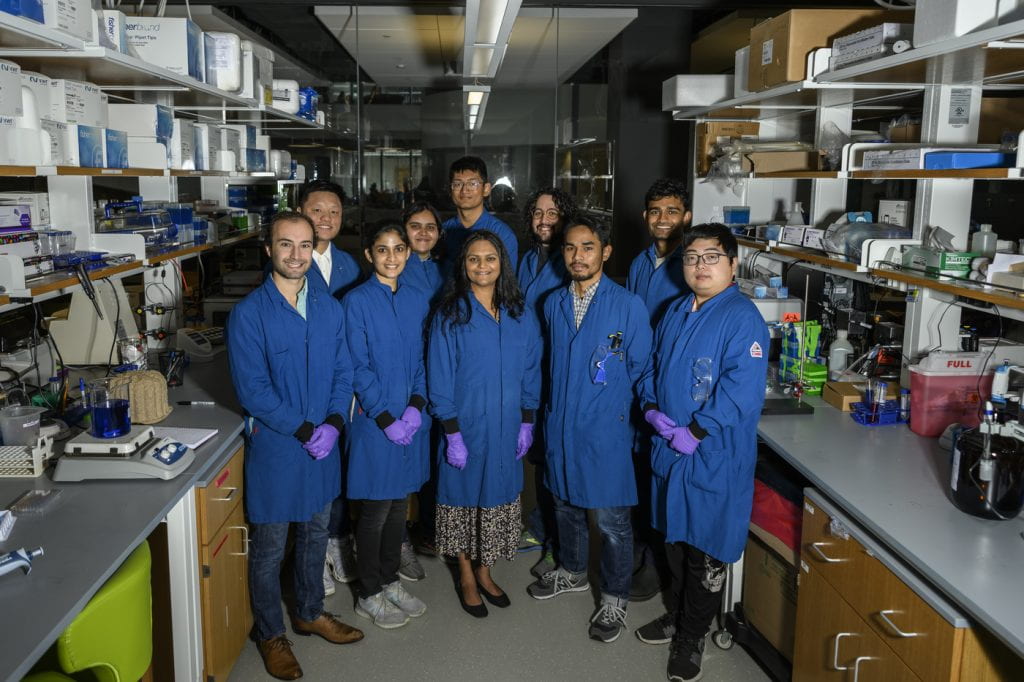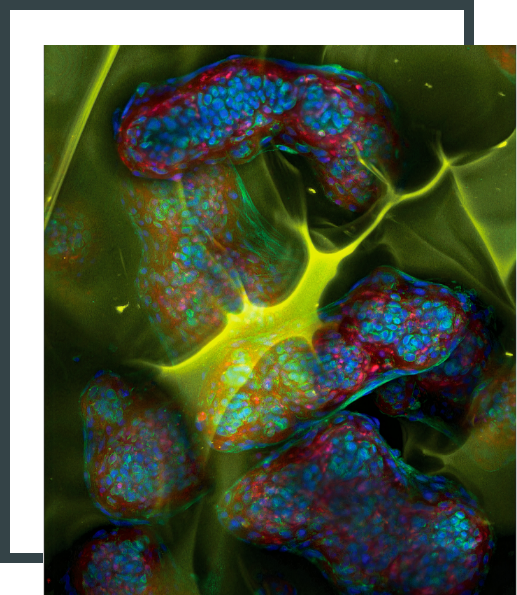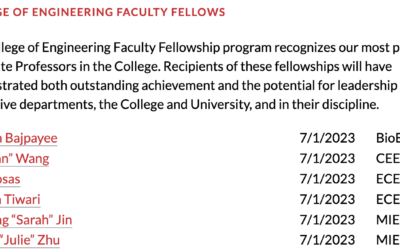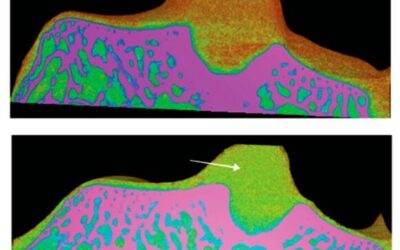Molecular Bioelectrostatics & Drug Delivery Laboratory
Located at Northeastern University’s Interdisciplinary Science and Engineering Complex (ISEC), the Bajpayee Lab works at the intersection of biomaterials design, nanomedicine and translational research. We utilize the body’s internal electric fields to design electrically charged biomaterials using proteins, peptides and cellular materials like exosomes, for targeting difficult to reach tissues for applications in drug delivery and diagnostic imaging.
Negatively charged tissues such as cartilage, meniscus, intervertebral disc, eye, and mucosal membrane, that also tend to be dense and avascular, are ubiquitous in the human body but remain outstanding challenges for targeted drug delivery. Their degeneration is associated with several common diseases that remain untreatable due to a lack of delivery systems that can enable drugs to penetrate the negatively charged matrix and reach their cellular targets. The high negative fixed charge density, however, can be converted from being a challenge to an opportunity by engineering therapeutics at the molecular level to add optimally positively charged domains such that electrostatic interactions can enhance their transport, uptake and retention rather than hindering them. Our lab engineers targeted bioelectrical therapeutics for treatment of diseases affecting such intrinsically charged tissues. We strive to combine basic science with translational research to develop biomedical technologies for unmet clinical needs.
Follow us on Twitter @bajpayeelab | @AmbikaBajpayee

We are supported by

Our Lab News
Congrats to Prof. Bajpayee for being nominated as a 2023 College of Engineering Faculty Fellow! 🏆
We loved sharing new research at the Society for Biomaterials in San Diego! 🌆
We presented our works at Society for Biomaterials (SFB) 2023 Annual Meeting: Bill: Spatial Configuration of Charge Modulates Transport of Cationic Peptides in Cartilage Matrix (Podium) Tanvi: Cationic Exosomes Anchored with Receptor Antagonist of IL-1 for Cartilage...
Our Research was Highlighted by Northeastern College of Engineering! 🚨
Our work on cationic contrast agent application for the diagnosis of early-stage osteoarthritis was highlighted by Northeastern University College of Engineering. Read [HERE]






